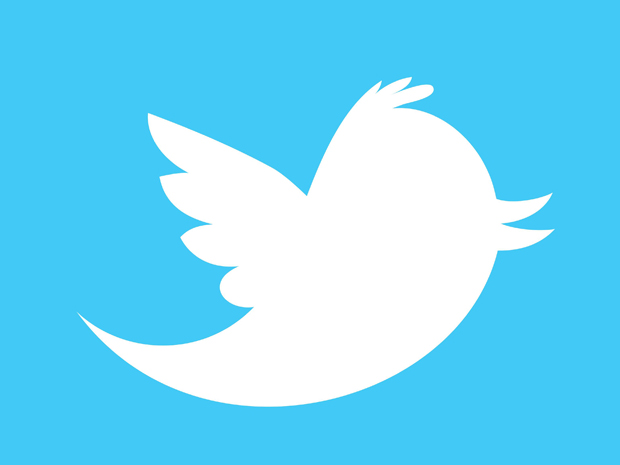Secure your place at the Digiday Publishing Summit in Vail, March 23-25

In this day and age, most brands, in an effort to stay current and be everywhere, are on Twitter. The challenge is what to say to make people care. That has led to some regrettable tactics best placed in the trying-too-hard folder. Here is a list of common types of brand tweets that are really lame and make you wonder why they are even on Twitter in the first place, and real examples of brand tweets for each type of Twitter offense.
1. The RT Request: This is by far the most common and most shameless Twitter practice by brands. It’s the lazy, pointless retweet request. It’s always something stupid like “Retweet if you like X” or other cheesy variations of that. Yes, it works, but what about self-respect?
2. The Bizarre Product Placement: This is when brands plug their products in the most forced ways in cheesy or unrealistic scenarios. (This also can be roped into a RT Request tweet). Just see the examples.
3. The Bad Pun: Tweets with rhymes or puns that are just plain corny. I mean when are puns not corny? If brands want to be more like people, this is a good way to be like the kind of person most normal people avoid.
4. The Random Question: Brands trying to get the ultimate brand buzzword, “engagement,” often resort to posing irrelevant questions that have nothing to do with what the brand offers or just dumb questions that no one would ever really want to answer. Again, it has been proven that people love to be asked questions. Do you love to be asked questions? Answer in the comments!
5. Glomming on Obscure Holidays/Seasonal Trends: Tweets that insert the brand into cultural trends, upcoming events and obscure holidays. These are invariably forced.
More in Marketing

WTF is Meta’s Manus tool?
Meta added a new agentic AI tool to its Ads Manager in February. Buyers have been cautiously probing its potential use cases.

Agencies grapple with economics of a new marketing currency: the AI token
Token costs pose questions for under-pressure agency pricing models. Are they a line item, a cost center — or an opportunity?

From Boll & Branch to Bogg, brands battle a surge of AI-driven return fraud
Retailers say fraudsters are increasingly using AI tools to generate fake damage photos, receipts and documentation to claim refunds.















